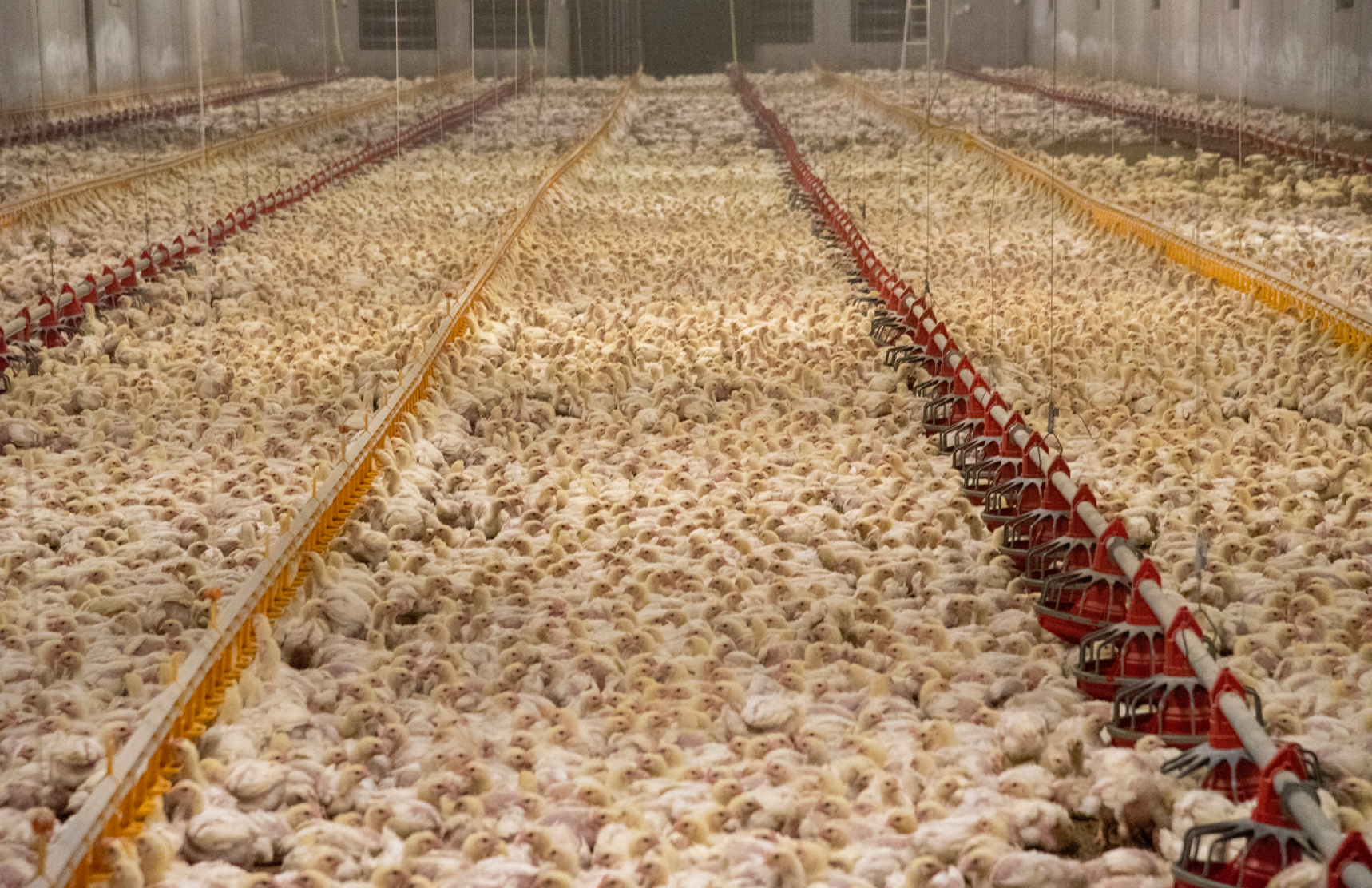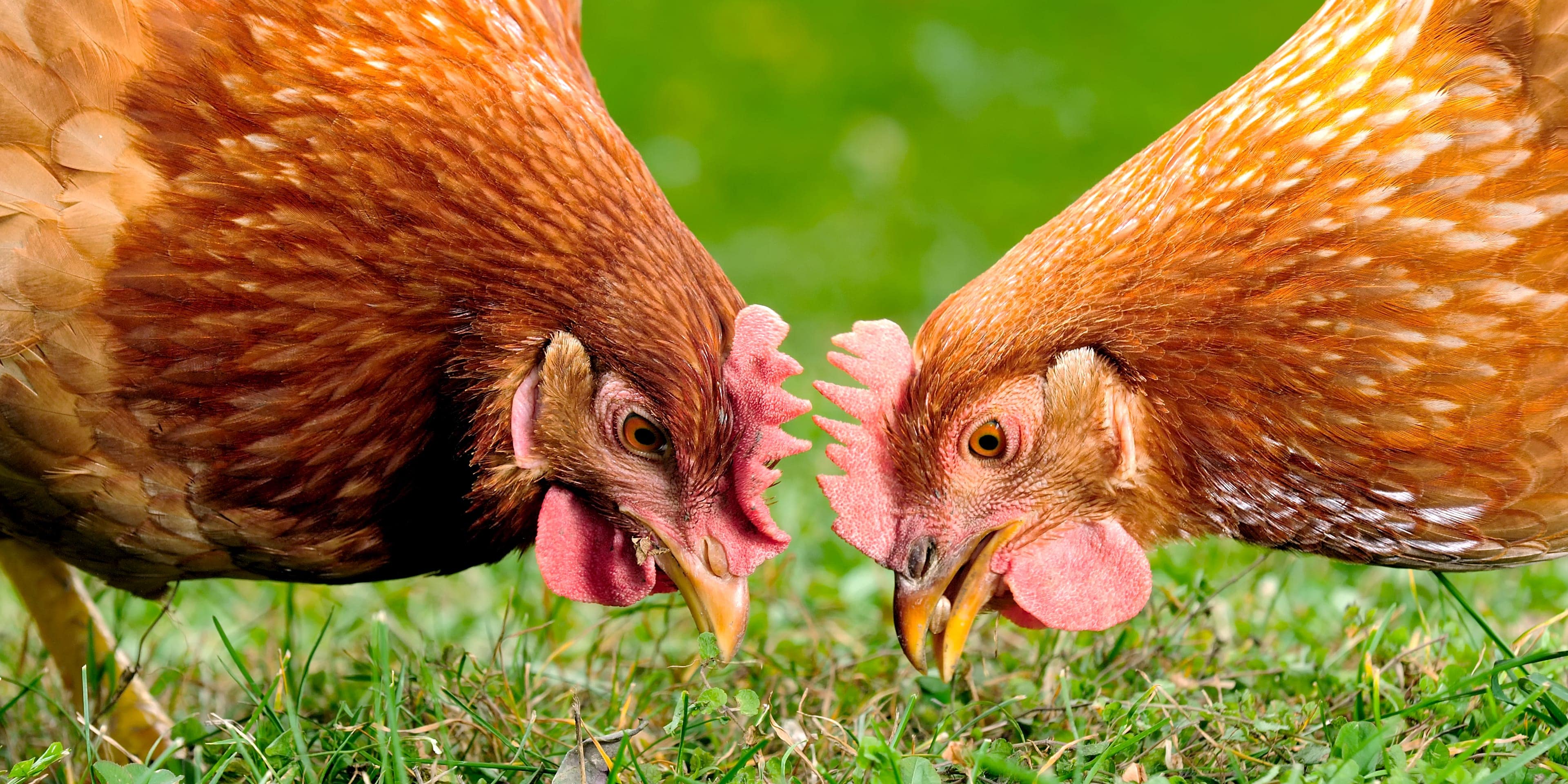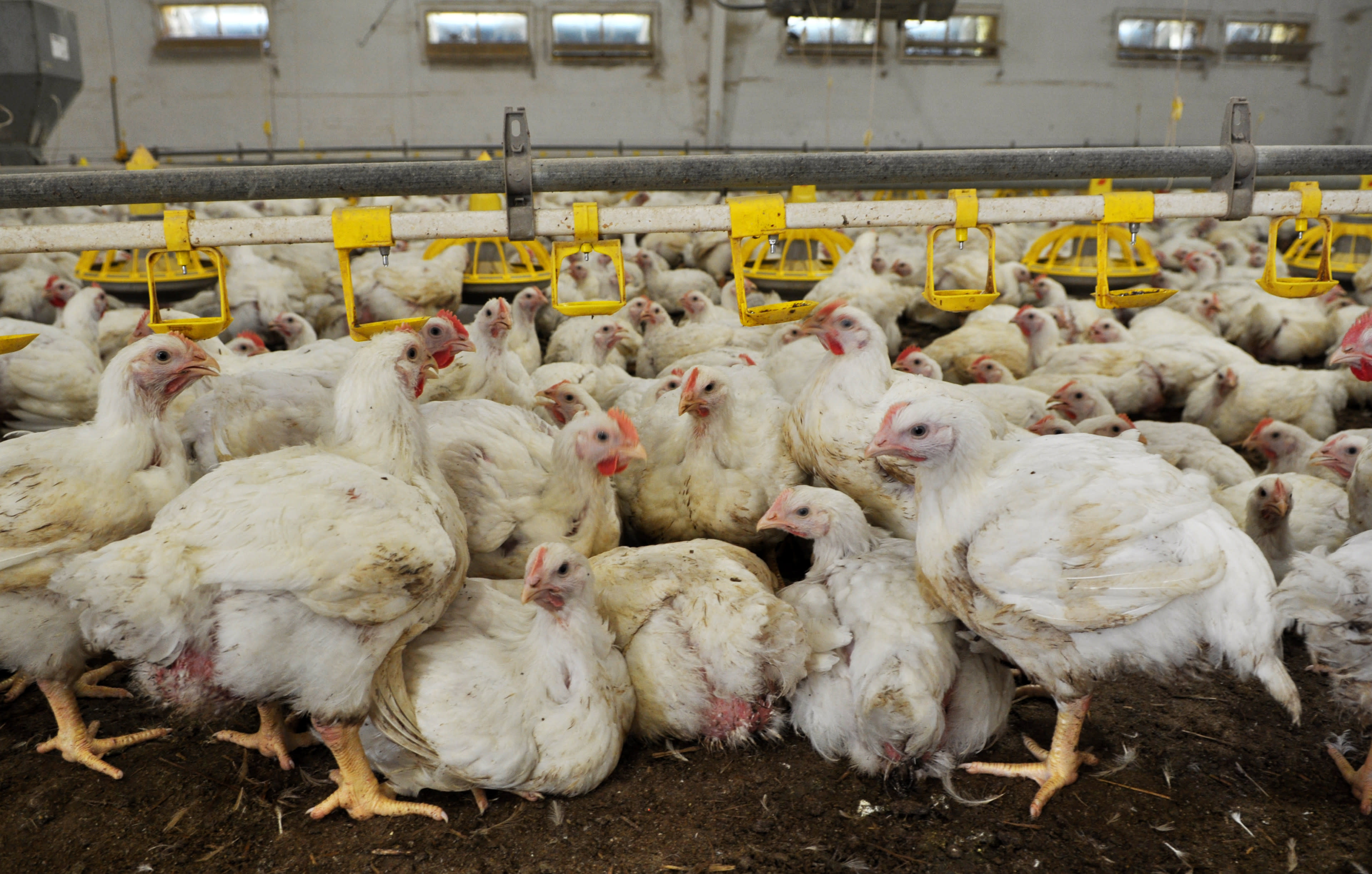




If there were ever a time to re-evaluate our relationship with animals, it is now.

It's been easy for the western world to leap on the issue of COVID-19 being from wet markets in Asia.
Yes, wet markets are a serious issue for human health and animal welfare. But on an even larger scale, factory farms are the real ticking time bomb. To sustain our appetite for meat and other animal products, billions of animals around the world are crammed into bare, often windowless sheds each year. These animals endure a life of suffering for the duration of their short lives for the selfish benefit of human beings.
The animals are often covered in filth and bacteria, including excrement, blood and burns from ammonia. It’s a recipe for disaster, especially for the spread of disease between animals, and therefore between animals and humans.
Factory farms also depend on the abuse of antibiotics—not to treat and care for animals who may fall sick—but as a routine, preventative measure. This is making bacteria more resistant to antibiotics, signalling a very real future where we may no longer be able to treat life-threatening human infections.
The global coronavirus pandemic has now spread to impact hundreds of thousands of individuals worldwide. It’s an unsettling and uncertain time for us all.
This is what we know:
- The virus likely travelled from a bat to a pangolin before being transmitted to a human.
- It’s suspected to have originated from the human consumption of wild meat.
- Three in four of the world’s new or emerging infectious diseases come from animals.
- Avian influenza, also known as bird flu, began as an infection in birds.
- The spread of swine flu in humans was first discovered in pigs in 1918.
- The phenomena of Mad Cow Disease, formally known as bovine spongiform encephalopathy, originated from the consumption of cows.
There’s a lot of information that is still emerging about this virus. And, every day, society is having to adapt to the crisis at hand and the difficulties and pain that it is causing.
Regardless of these glaring facts, our society at large still relies heavily on factory farming. We urgently need to reevaluate the way and scale at which our food system operates. Is the short term gain of satiating our appetites at the expense of other species worth the long term issues it can cause? We must take a close look at the real impact it is having on human health before it’s too late.
This is far from the first time that the consumption of animals has resulted in a public health crisis. And, if we continue on our current path, it surely won’t be the last. It's time to embrace a plant-based future, and end factory farming once and for all.
Sign up to our emails to join us and take action against factory farming.

 Vicky Bond
Vicky Bond






